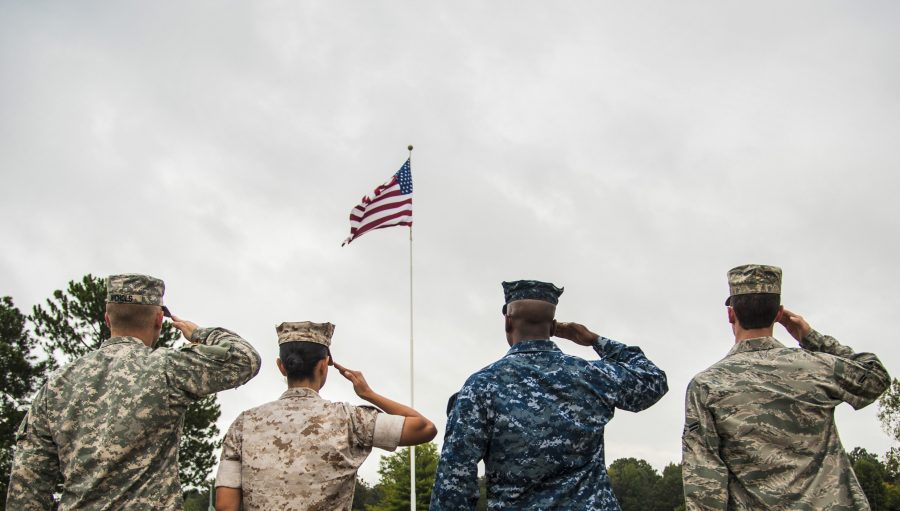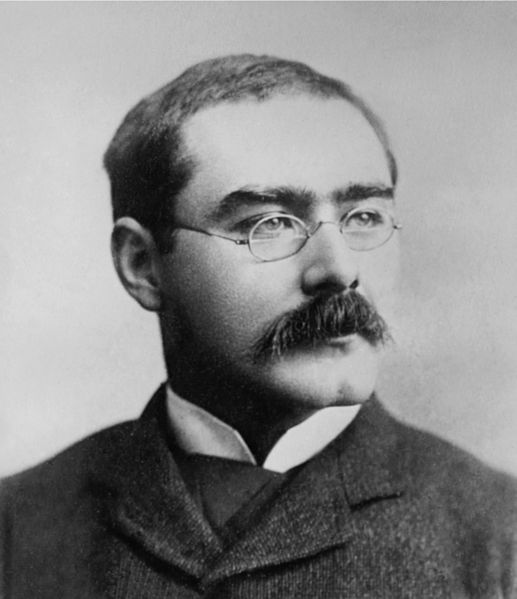America’s foreign policy is, and has been driven by fatally flawed, intellectually dishonest premises and principles for more than a decade.
As a result, since Sept. 11, 2001, our goals, tactics and strategies have ranged from wrong-headed though well intentioned, to wrong-headed and ill intentioned. If America continues to fundamentally misunderstand its enemies, let alone honestly define who they are, it risks losing its position as the world’s preeminent superpower, a calamity the likes of which may spell the end of Western civilization as we know it.
President George W. Bush’s crucial first mistake in this author’s view was declaring a “War On Terror.” In announcing that America was at war with a tactic — either due to a genuine inability to identify the enemy or out of political correctness so as to avoid having to identify a foe primarily animated by religion — President Bush’s rhetoric was incoherent at best and obfuscatory at worst.

President Barack Obama and former President George W. Bush shake hands during the opening ceremony of the George W. Bush Presidential Center on the campus of Southern Methodist University in Dallas, Texas on April 25, 2013. (Getty Images)
While designating members of the so-called “Axis-of-Evil” as our chief adversaries was closer to the mark, President Bush nonetheless failed to recognize or refused to acknowledge a central truth we continue to ignore: That we are the enemy of a transnational theopolitical Islamic supremacist ideology that knows no borders whose adherents serve as an ally of, and proxy for international powers with anti-Western designs.
In fact, President Bush explicitly disavowed the notion that there was a link between Islamic supremacism and the jihadist acts that it compels, arguing in the days following September 11 that Islam was a “religion of peace.”
We can debate the merits of this assertion by looking to the Koran and the hadith as well as the theological interpretations of these works by leading Islamic scholars, but this is merely an academic exercise. Whether or not we call Islam a religion of peace, more important is that while there may be millions of peaceful Muslims, there are also millions of believers who are either violent Islamic supremacists or their aiders, abettors and enablers.
The latter group seeks to unite the world under a caliphate governed by Shariah law. Corroborative data on Islamic views not only in the Middle East but in Europe and the United States is readily available for all those who wish to see it.
Bush and those who shaped his foreign policy believed that America could forcibly transform Islamic nations into peaceful liberal bastions, pushing Afghanistan and Iraq forward by hundreds of years in a decade.

Iraq President Saddam Hussein is shown in Baghdad in this Jan. 1991 file photo. On Dec. 30, 2006, Saddam Hussein was hanged after being deposed by American military intervention. (AP Photo, file)
The de-Ba’athification of Iraq was done without recognition of the theopolitical Islamic supremacist ideology that reigns supreme in much of the Middle East in general, and in Iraq in particular. It further undercut America’s strategic interest in having Iraq continue to serve as a strong counterweight to Iran, based on the Sunni/Shiite divide between the two nations.
Many of our efforts under former presidential envoy to Iraq Paul Bremer seem to have been undertaken without clear goals, realistic objectives or even sound tactics. Much of the activity on the ground appears to have been chiefly informed by political correctness. Militarily, our troops report being hamstrung by suicidal rules of engagement that gave the benefit of the doubt, and thus the upper hand to enemy combatants. Finally, and most fundamentally, this mission was undertaken without a clear exit strategy.
However noble the aims of those who supported such a policy, and however much blame President Barack Obama deserves for not consummating a status of forces agreement with Iraq upon our departure, nearly $2 trillion — and more importantly the lives of thousands — have been spent “winning” wars and losing the peace, establishing Shariah-compliant constitutional “democracies” in Afghanistan and Iraq, and little else.
Freeing majority Islamic nations from secular authoritarians in order to re-make them as liberal Western democracies, and thus “win the hearts and minds” of those with views anathema to ours sounds great in theory. Yet practice has proven less hospitable.
Under President Obama, America’s war has morphed, with national security leaders – including our commander in chief – intentionally downplaying the size and scope of the threats we face, and denying the true nature of those who pose them, with deadly consequences.
Continue reading at TheBlaze…







